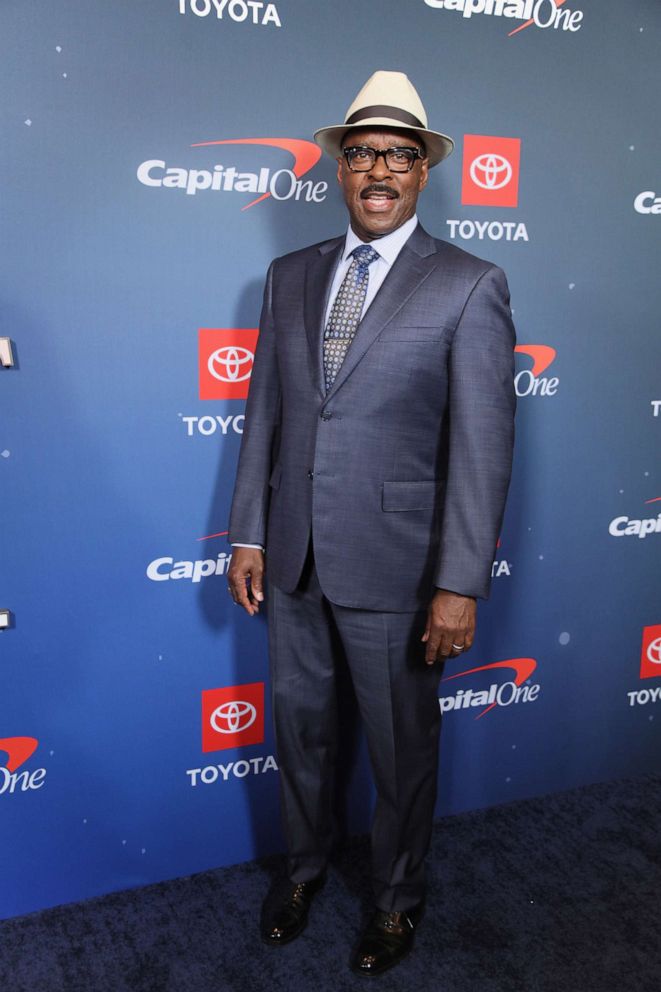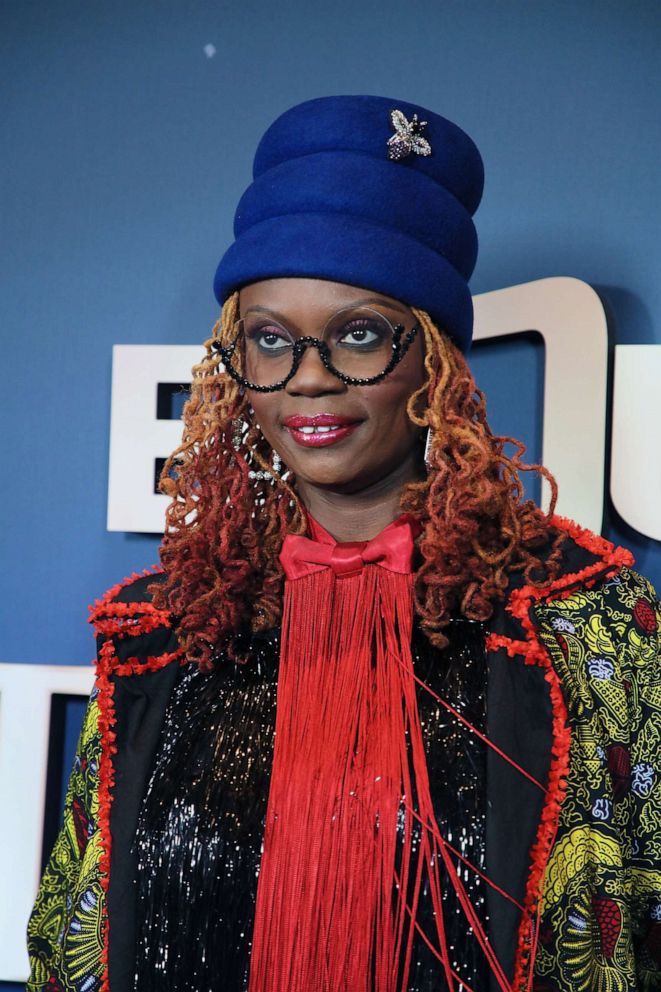Juneteenth offers message of hope, resiliency
While most Americans prepare to celebrate the country’s freedom on July 4, many Black people in the United States recognize June 19 as their Independence Day.
The day widely known as Juneteenth, and referred to as Jubilee Day or Black Independence Day, is a significant date in Black history. It marks the day when the last enslaved African Americans found out about their freedom.
The news was delivered to Black people in Galveston, Texas, on June 19, 1865, two years after President Abraham Lincoln issued the Emancipation Proclamation, which lawfully marked the end of slavery for those of the Southern Confederate states.
ABC News caught up with prominent African Americans in the fields of film, music and media during the Bounce Trumpet Awards on April 23, 2022, and asked about how Juneteenth has played a role in their lives. The awards telecast will air on June 19.
“Our people are great and we started with nothing and came into something,” Emmy Award-winning actor Courtney B. Vance told ABC News. “Yes, things may be difficult now, but when you go past the first Google page and just look and see what our people had to deal with and still they rose. Everywhere they looked was a no. Everywhere they looked was darkness.”
The “61st Street” actor, who has also won a Tony Award, said he appreciates the opportunity to educate, especially young children, about his ancestors’ greatness and adversity. "It’s a message for us all that sometimes life is difficult and it's going to be trial. But if we just press on, there will be a victory.”
ABC News' Soul of a Nation special, “Sound of Freedom - A Juneteenth Celebration” aired Friday, June 17, at 8 p.m. on ABC and is now available on Hulu.

With Vice President Kamala Harris, the first Black woman to hold the second-highest office in the executive branch, by his side, President Joe Biden signed the Juneteenth National Independence Day Act into law last year, on June 17, 2021. But the African American community had been celebrating long before Juneteenth was made a federal holiday.
Essence Magazine CEO Caroline Wanga, a woman of Kenyan descent, emphasized the creation of Juneteenth as a celebration borne out of the struggle Black people face. During the Bounce Trumpet Awards celebrating Black humanitarians, she posed a question of reflection to the Black community.
“If you think about how long it took for Juneteenth to happen, then what are the things that you currently aren't celebrating that you should be that are already yours, that you don't know about?”
In addition to the usual music and food festivals and gatherings, Wanga suggests a different way to celebrate.
“That's what I would love people to spend Juneteenth doing, is recognizing that that holiday was about the last of us finding out that we were freer than we thought,” she said. “What I want us to do is never have to do Juneteenth again and celebrate all the things that are true about us that are already here right now that we just don't know about. Go Google something and celebrate that on Juneteenth.”

The country’s delayed acknowledgement of what has long been an erased part of American history encourages Black people to research and educate themselves on unknown facts about their ancestry.
Naomi Raine, a member of the Grammy-winning gospel group Maverick City Music, plans to commemorate the holiday by opening up honest conversations with her children.
“I think everybody's kind of evolving how they're celebrating this holiday because some of it is just coming to light for many of us,” Raine told ABC News. “Now, it's more about educating my children and letting them know the roots of our nation and talking about how freedom is for everybody.”
With the many in-person celebrations taking place all across the country this year, some artists do plan to go out and take part in traditional festivities. Rising soul singer Jordan Hawkins, a North Carolina native, says he looks forward to attending the Juneteenth music and arts festival in Los Angeles’ Leimert Park on June 18, which will feature more than 300 Black-owned businesses.
Juneteenth serves as a reminder of the decades-long fight for equity and equality of African Americans. And while the fight to fulfill America’s promise to all continues, Vance offers another message of hope: “I think we're going to succeed. We're going to push through.”





